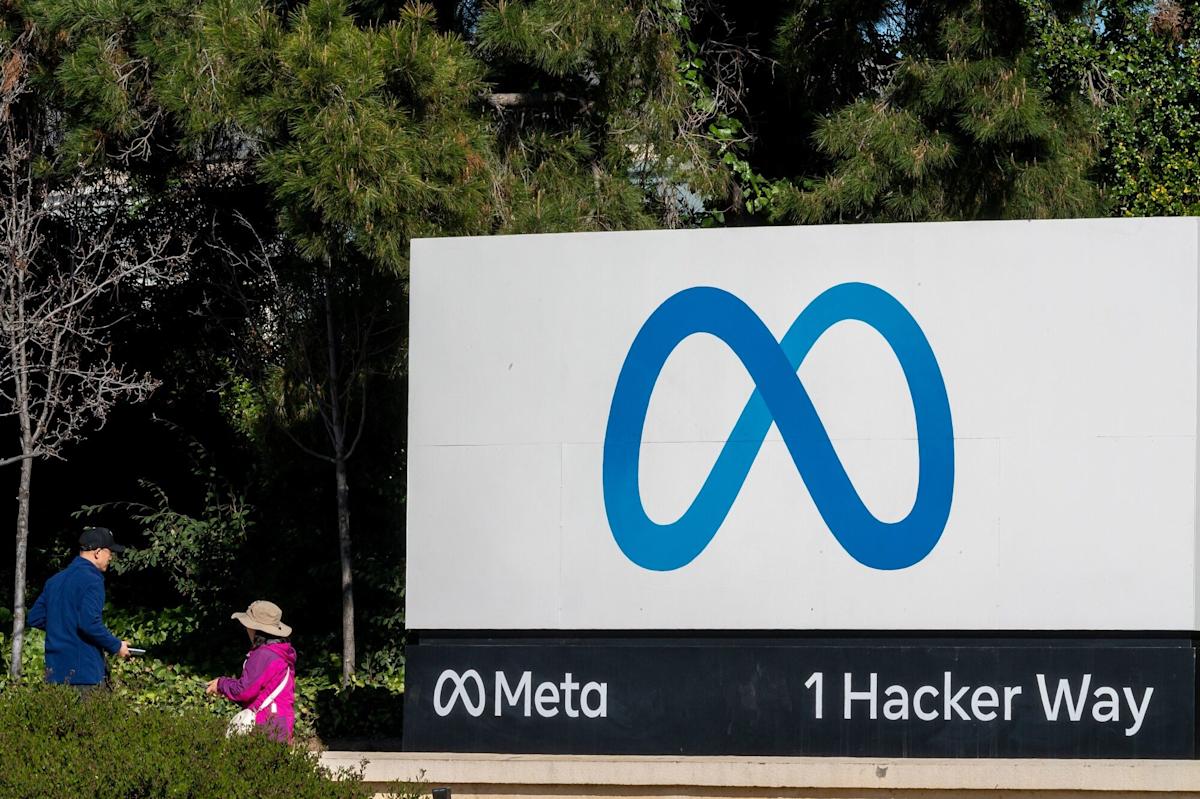
The digital landscape is undergoing a significant transformation as US states increasingly advocate for stricter age verification laws to protect minors online. This movement is gaining momentum amidst ongoing conflicts between major technology giants—Meta (formerly Facebook), Apple, and Google—each vying to control how age verification is implemented across their platforms. The push for these laws reflects a broader societal concern about online safety, privacy, and the ethical responsibilities of tech companies. In this article, we delve into the intricacies of this emerging scenario, analyzing the motivations, challenges, and implications of these legislative efforts.
The Rising Tide of Age Verification Legislation
Recently, several US states have introduced or are considering legislation aimed at enforcing age verification measures on digital platforms. The core objective of these laws is to ensure that minors do not access age-restricted content, social media, and apps that may be harmful or inappropriate for their age group. Legislation efforts include:
- Mandatory age checks for social media platforms and online services.
- Implementation of robust verification methods, possibly including biometric verification, ID checks, or trusted digital identity systems.
- Restrictions on targeted advertising to minors.
- Penalties for non-compliance by tech companies.
Such laws aim to strike a balance between safeguarding youth and respecting user privacy while also addressing concerns about data security.
Meta’s Clash with Apple and Google
The push for stringent age verification measures has not been without controversy. Major companies like Meta, Apple, and Google are caught in a complex web of interests and standards.
Meta’s Position and Challenges
Meta has historically relied on sophisticated data collection and social media algorithms to engage users and serve targeted advertisements. The company’s stance on age verification is multifaceted:
- Meta advocates for verification systems that prioritize user privacy and data security.
- It argues that excessive or invasive verification processes could deter users and harm the platform’s business model.
- Conversely, Meta is supportive of implementing age checks, but emphasizes the importance of flexible, privacy-preserving solutions.
Meta’s resistance to certain verification methods stems from concerns over potential privacy violations and the complexity of deploying universally robust age verification across diverse platforms.
Apple and Google’s Standpoints
Apple and Google, which power the dominant app marketplaces—App Store and Google Play—are also navigating this regulatory landscape:
– **Apple** has emphasized user privacy and security, often resisting frameworks that require extensive data sharing or biometric verification that could compromise user anonymity.
– **Google** has expressed similar reservations, advocating for standards that minimize user tracking yet comply with legislative mandates.
Both companies have shown willingness to develop verification systems but emphasize the need for these processes to safeguard user data and privacy.
societal concerns and Ethical Dilemmas
The push for API-based age verification introduces several ethical and practical considerations:
Privacy vs. Safety
While protecting minors is paramount, creating mechanisms that accurately verify age often involves collecting sensitive personal data. Balancing effective verification with privacy rights remains a challenge. Potential issues include:
- Risk of data breaches and misuse of personal information.
- Potential for overreach and erosion of user anonymity.
- Disparities in access to verification tools among different socioeconomic groups.
Technological Feasibility and Accessibility
Implementing reliable age verification on a large scale presents technical hurdles:
- Ensuring verification methods are fraud-proof and resistant to spoofing.
- Making verification accessible and user-friendly for populations with limited digital literacy.
- Maintaining compliance without creating significant barriers to entry for users.
The Future of Digital Age Verification
This regulatory drive signifies a potential paradigm shift in how digital platforms manage age restrictions. The solutions adopted may include:
– **Biometric Verification:** Using fingerprint or facial recognition, with careful safeguards to protect privacy.
– **Digital Identity Systems:** Trusted third-party services that securely verify age while minimizing data sharing.
– **Machine Learning Algorithms:** Non-invasive methods that analyze behavioral cues to estimate age, though these are still in development.
However, the competition among tech giants to influence or shape these solutions adds an element of uncertainty, with companies weighing their own interests against societal needs.
Impacts on Stakeholders
The push for age verification laws impacts a broad range of stakeholders:
– Users and Minors: Improved safety and reduced exposure to harmful content, but potentially increased privacy risks.
– Tech Companies: Increased compliance costs and potential regulatory fines, alongside innovation in verification technology.
– Legislators and Regulators: Balancing enforcement, privacy rights, and industry interests.
– Parents and Educators: Tools and policies that can assist in monitoring and guiding minors’ online activities.
Conclusion
As the US advances its legislative agenda to enforce more rigorous age verification standards, the contest between privacy, safety, and technological innovation intensifies. The clash between Meta and the giants Apple and Google underscores the complexities involved in creating a universally accepted framework that respects user rights while safeguarding vulnerable populations. Moving forward, a collaborative approach will be essential—one that combines technological ingenuity, legal safeguards, and societal consensus—if effective and ethical age verification is to become a reality.
Final Thoughts
The coming years will be critical for shaping the future of online safety and privacy. Policymakers, tech companies, and civil rights advocates must work together to develop solutions that are both effective and respectful of individual rights. As these developments unfold, staying informed about legislative changes and technological advancements will be more important than ever.
For more updated news please keep visiting Prime News World.







